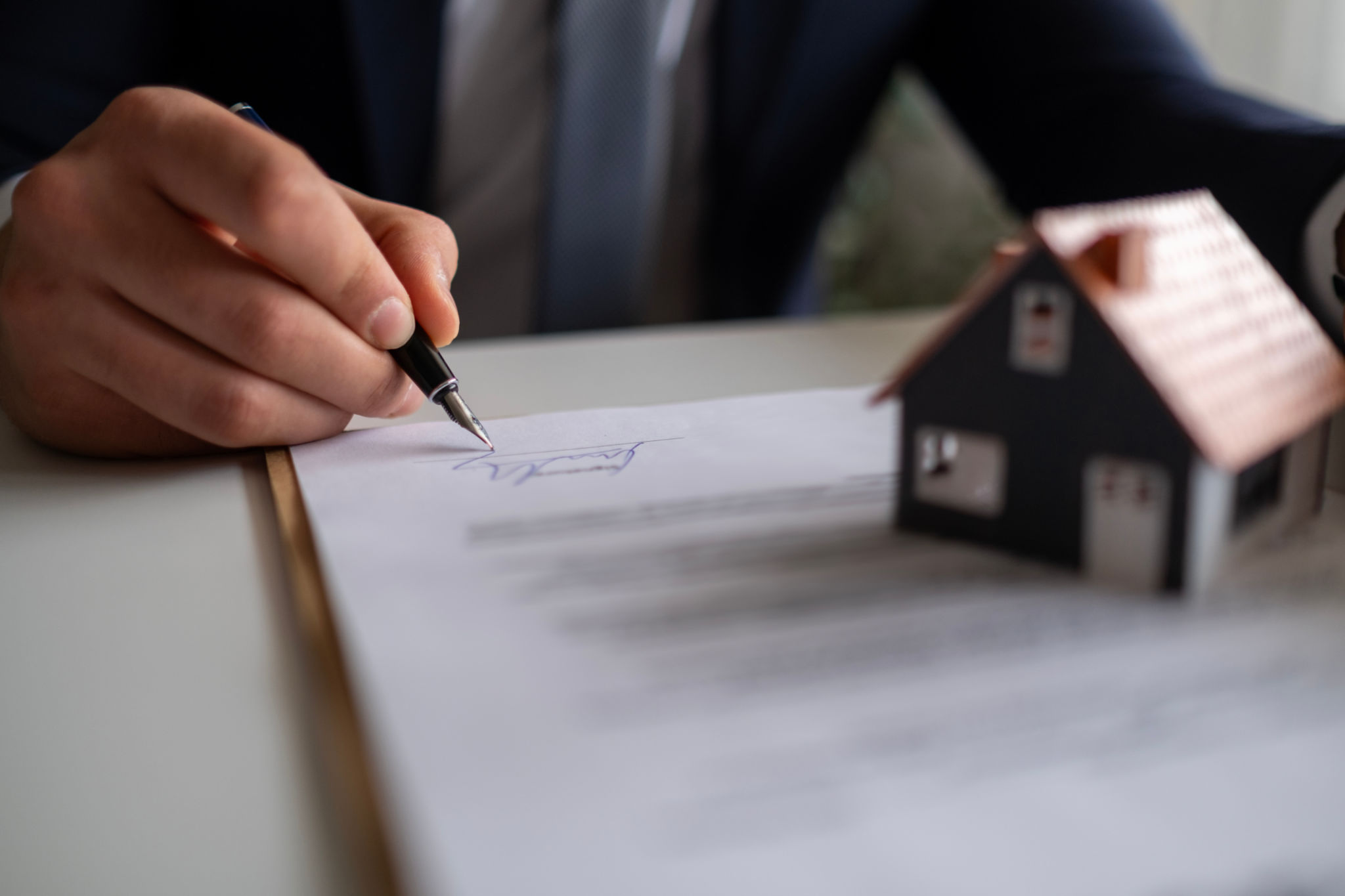Local Wills and Trusts Lawyers in Connecticut: What to Expect from Your First Meeting
Preparing for Your First Meeting with a Wills and Trusts Lawyer
Embarking on the journey of estate planning can be daunting, but meeting with a local wills and trusts lawyer in Connecticut can help ease the process. Whether you're looking to draft a will, set up a trust, or update existing documents, knowing what to expect from your first meeting can make the experience more productive and less stressful.

Initial Consultation: What to Bring
Your first meeting with a wills and trusts lawyer will often involve an initial consultation to discuss your specific needs. It's important to come prepared with certain documents and information. Consider bringing:
- A list of your assets and liabilities
- Details about your family members and beneficiaries
- Any existing estate planning documents
These documents will provide the lawyer with a comprehensive understanding of your situation and help them offer personalized advice.
The Role of a Wills and Trusts Lawyer
A wills and trusts lawyer specializes in guiding clients through the complexities of estate planning. They will help you understand the nuances of creating wills, setting up trusts, and ensuring that your assets are distributed according to your wishes. During your initial meeting, the lawyer will likely explain their role in the process and how they can assist you in achieving your estate planning goals.

Understanding the Costs Involved
One of the most common questions during a first meeting is about the costs associated with hiring a wills and trusts lawyer. It's crucial to have a clear understanding of their fee structure, whether it's an hourly rate or a flat fee for specific services. Be sure to ask about any potential additional costs that might arise throughout the process.
Having this information upfront allows you to plan your budget accordingly and avoid any surprises down the line.
Discussing Your Estate Planning Goals
The core of your first meeting will likely revolve around discussing your estate planning goals. This includes determining how you want your assets distributed and any specific conditions you wish to set for beneficiaries. The lawyer will guide you through various options, such as establishing different types of trusts or designating guardians for minor children.

Legal Jargon: Breaking It Down
Legal terminology can be overwhelming, but your lawyer is there to help clarify any jargon. Don't hesitate to ask questions if you're unfamiliar with terms like "probate," "executor," or "revocable trust." A good lawyer will take the time to ensure you fully understand each aspect of your estate plan.
This understanding is essential for making informed decisions that align with your values and wishes.
Next Steps After Your First Meeting
After your initial consultation, you'll have a clearer picture of what steps are necessary to move forward with your estate planning. Your lawyer will likely provide you with a checklist of tasks to complete, such as gathering additional documents or considering specific decisions about your estate plan.
Following these steps diligently will help streamline the process and ensure a successful outcome.
Building a Long-Term Relationship
Your relationship with your wills and trusts lawyer doesn't end after the first meeting. Estate planning is an ongoing process that often requires updates as life circumstances change. Establishing a long-term relationship with your lawyer ensures that you have a trusted advisor to guide you through any future modifications or questions you may have.
By having a knowledgeable professional by your side, you can feel confident that your estate planning remains current and effective.